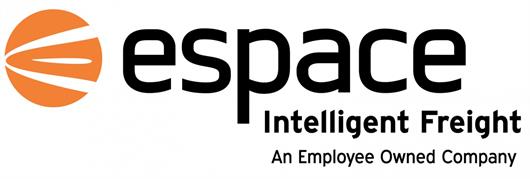 Add My Company
Add My Company
Sign In

Technology has changed the way we work in such short period of time; for the most part for the better. Technologies like GPS mapping have helped drivers create more efficient routes which have allowed drivers to make deliveries on-time.
However, the introduction of new technologies presents new hurdles for companies. There are a number of barriers when introducing a new technology such as:
People Fight Change – Whenever, a new technology is introduced there is always a bit of animosity. This animosity can be caused by the fear of the unknown; it is important that people are given a good standard of training and information to combat the animosity.
Data Security – It would be ignorant to believe that any digital system is invulnerable to cyber-attacks. The problems cyber-attacks can cause can be seen recently with the notorious WannaCry ransomware which crippled large organisations like the NHS.
Technology presents a great opportunity for the freight industry; But, it is clear that the more jobs we digitalise increase the risks of a cyber-attack which can cause disruption which costs companies millions.
Skills shortages and the aging workforce
There is a growing concern within the freight industry that there are too few young people entering the industry. In 2017, the FTA reported that the average age of HGV drivers rose to 48.3. It is inevitable that as the workforce grow older and start to retire, employers will have a void to fill. It is important that the FTA and employers make the industry look appealing to the younger generations in order to fill in the gaps.
Currently, the FTA is looking to combat this by campaigning for reform in the training process to make it easier to train new workers with less restriction.
UK international connectivity
It is important to invest in the UK’s transport infrastructure. For the UK that we can trade with Europe and the rest of the world without delays and other burdens being imposed. There are three sections in which need improvement such as:
Air Cargo – According to the FTA, About 40 percent of UK imports and exports by value are dependent on on-air freight. Air freight to long-haul destinations is mainly carried in cargo holds of passenger aircraft flying in and out of Heathrow Airport. There is a limited cargo capacity which has stalled air freight.
Deep sea cargo and short sea shipping – UK ports will need to accommodate for the new mega-vessels which are being developed so that cargo can be trans-shipped in the UK rather than in the EU where there will be a longer and more expensive passage to the UK.
It is important now, post-Brexit, that our infrastructure is well invested so that as a nation we do not get left behind.
For more information on The Biggest Risks Facing The Freight Industry talk to Espace Europe Freight Forwarders
Enquire Now
List your company on FindTheNeedle.

